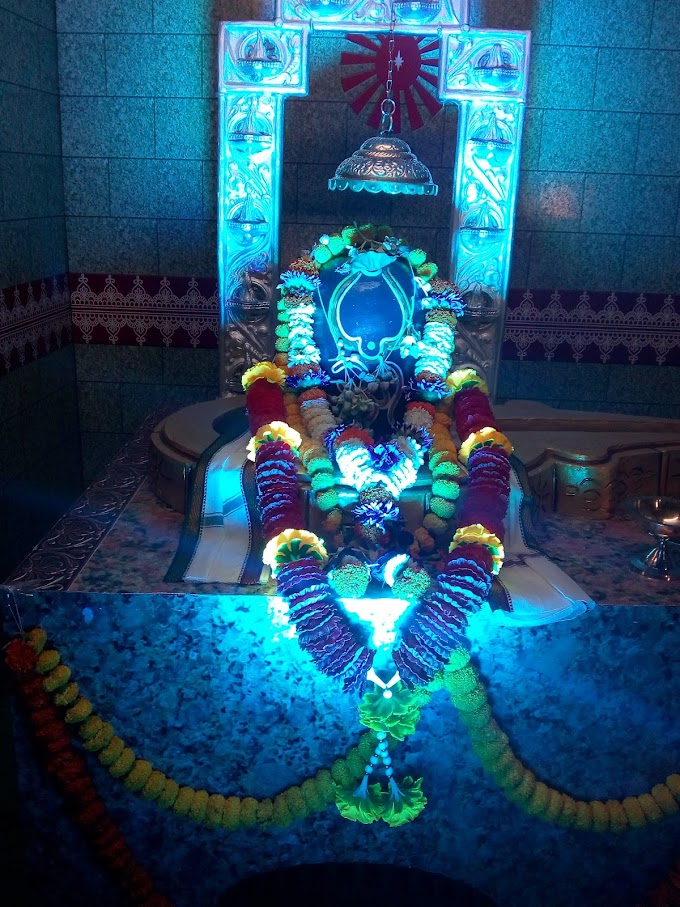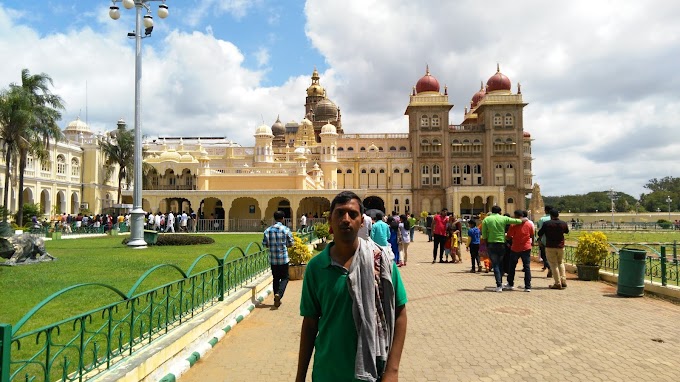STOCKHOLM PALACE
Located
in the Mälaren Valley, Taxinge Castle is just 60 km from Stockholm and here the
focus is not just on the food but on local food. Taxinge Castle bills itself as
home to northern Europe’s largest cake buffet, featuring more than 50 types of
locally baked cakes and bread.
The Stockholm Palace was the
home to the Swedish Royal Family since 1981 however presently only the King and
Queen live there and have their offices in the palace and the King’s
administration, the Royal Court of Sweden, manages its activities from this
palace and the office of the head of state is also partly carried out from this
palace. Stockholm is the capital and
largest city of Sweden which is located at the junction of Lake Malar (
Malaren) and Salt Bay, an arm of the Baltic Sea and opposite the Gulf of
Finland. The city is built
upon with several
islands.
The Royal Palace is the official residence of His Majesty the King of
Sweden and having more than 1450 rooms.
The Palace is open to
the public and offers no less than five museums. Drottningholm
was modelled on the palace of Versailles. Although smaller than its French
counterpart, it certainly has its fair share of grand rooms to admire, and you
can easily spend a couple of hours wandering through in amazement.
The
Royal Family before moved in at the palace in 1754, the whole frontage, except
for the base which was painted in a yellow ochre color to imitate French
sandstone. The yellow tone was the foremost color of the Rococo and the height
of fashion at that time. The monochrome yellow color without any complementary
white on the stone details was a way to achieve an architectonical effect mainly.
The work of the palace was completed in the year of 1760.
Sweden has a
constitutional headed by monarch and the king is the ruler. The Bernadotte
Dynasty has ruled over
Sweden since 1810. At that time the French Marshall Jean
Baptiste Bernadotte was chosen as successor to the Swedish throne. Presently Carl XVI Gustaf is the ruler and King of Sweden since 1973. He is the
74th King of Sweden. Sweden's successor to the throne is Crown Princess
Victoria.
The first building
on this site was a fort with a core tower built in the 13th
century by Birger jarl to defend Lake Malaren. since
the middle of the 13th century when the Tre Kronor Castle was built. Although extensive excavations of
the area around the Royal Palace in the late 1970s revealed traces of
timber structures dating back to the 10th century, most believe the
medieval fort built by Birger Jarl to protect Lake Mälaren in the 13th century
was the first palace to stand on this ground. That fortress eventually
grew into a castle named Tre Kronor (Three Crowns) after the
three crowns topping the tower’s spire. One of the few sections of that
original palace remaining today is the north wing, which features a Baroque
façade behind which you’ll find medieval towers.
It
was transformed into a palace (for a time it was called Tre Kronor Castle) and in
the late 16th century, by King John III. In the month of May in 1697, a fire
destroyed much of the palace. This was after a great deal of rebuilding was
done to the palace from 1692 to 1697 and palace was designed
by Nicodemus Tessin the Younger. After the fire,
rebuilding was done again and continued for about 63 years. The Stockholm
Palace is the place of the King’s office, the offices of the Royal Court of
Sweden and the offices of the other members of the royal family. The Högvakten
(a royal guard of members of the Swedish Armed Forces) guard the palace. The layout
of the palace includes the northern, southern, eastern and western row. Each
row is a symbolic of representating; the northern section represents the common
royal, the southern section represents the nation, the east is the queen and
the west is the king. The palace is made for residential purpose in the
southern row. The eastern row is the site of Sweden’s oldest museum,
Livrustkammaren. In this museum one will find old weapons, uniforms and
precious valuable crown jewels. Anyone fortunate enough to be a guest would
sleep in the west row, in the Guest Apartment. The northern row is where the
King and Queen suites are, as well as other rooms such as the ballroom.
In
a gallery of the northern row, every year several dinners are hosted. The
purposes of these dinners are staff of king, official and a dinner to honour
the annual Nobel Prize winners each year. The gallery is large and can cater
for about 200 seated guests. It is in the northern row, at street level (as
there are several floors in the palace) that the Tre Kronor Museum is based in
the oldest rooms of the palace. These rooms are the site of this museum were
many years ago wad the kitchen rooms in Tre Kronor Castle. In measurement, the
north to south front appearance of the building is 120 meters. The east to west
frontage is 115 meters. It is in the north-eastern wing, that another museum is
situated i.e. a museum of valuable antiques. The palace is mainly built of
brick and some sections are covered with sandstone. The copper covered roof
slopes slightly inward.
King
Gustav III's Museum of Antiquities is deemed one of the oldest museum’s in
Europe, opening first in 1794. Current developments in the infrastructure of
Greater Stockholm will affect the Drottningholm area in the future. Road 261
passed through the World Heritage property long before Drottningholm’s
nomination, but the traffic situation has changed significantly. Preliminary
assessments indicate that adverse impacts, defined as functional, visual and
noise disturbances during the construction of the Stockholm Bypass and Ekerö
Road extension, are expected to affect to different degrees the attributes of
the property, as well as create permanent visual changes in the pastoral
landscape when the road is completed. Given these conclusions, all involved
parties will aim to limit the negative impacts and work to identify new
possibilities and solutions for improved accessibility to the area in
conjunction with the developments related to the ongoing Stockholm Bypass and
Ekero Road extension project.
This combination
of royal residence, workplace and culture-historical monument open year round
to visitors makes the Royal Palace of Stockholm unique and approximately 8,00,000 visitors are coming
from different country. The total city
is very neat and clean and wonderful place for which the visitors come. For visitors,
there is an entry fee and more than 30 workers are working in this palace.
























